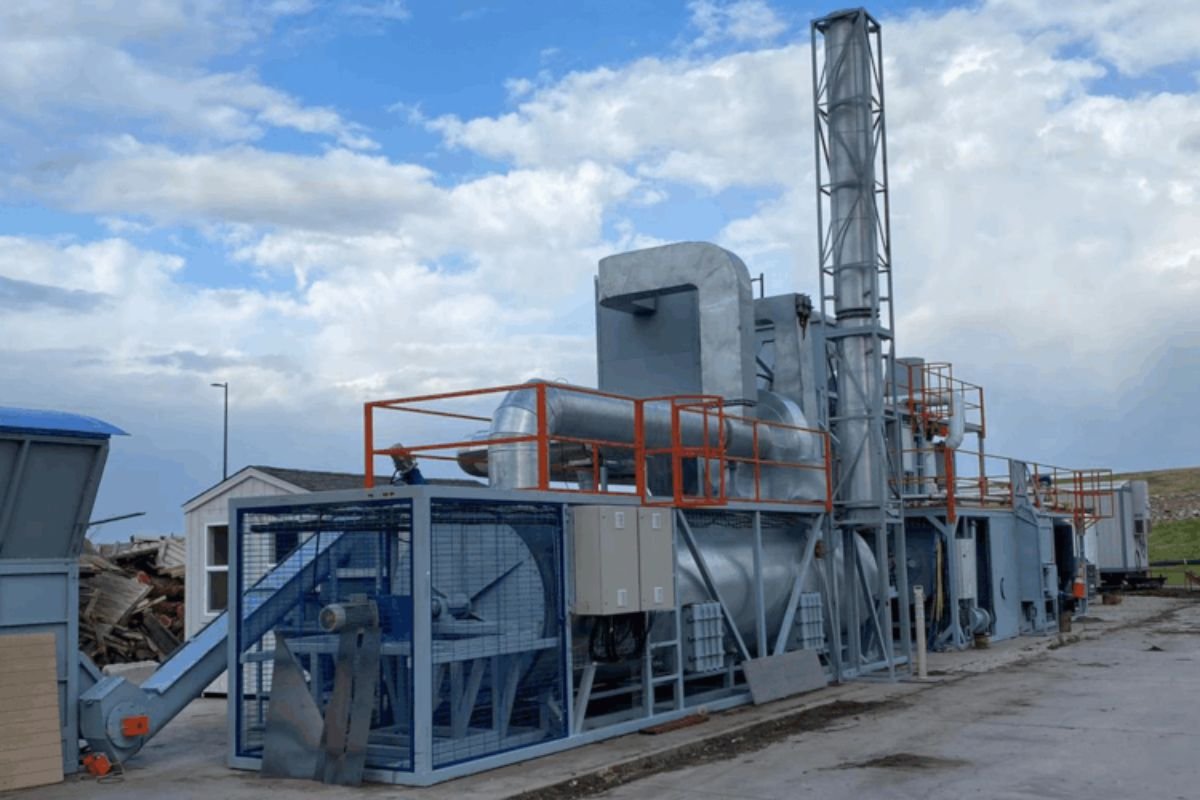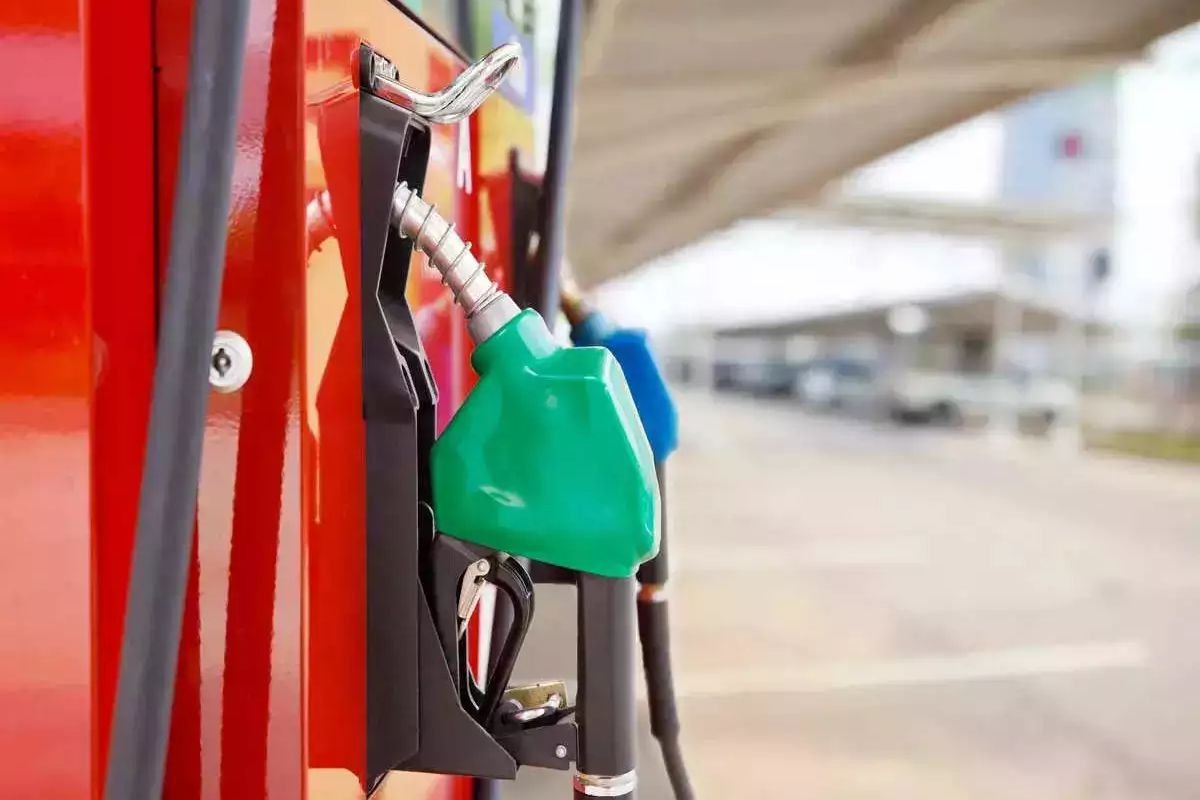Source – oilandgaswatch.org
As the world increasingly seeks sustainable energy solutions to combat climate change, green gasoline has emerged as a promising alternative to traditional fossil fuels. Green gasoline, also known as renewable gasoline or bio-gasoline, is a type of fuel derived from renewable sources that mimics the properties and performance of conventional gasoline. This article delves into what is green gasoline, how it’s produced, its benefits, and its potential impact on the future of energy.
Understanding Green Gasoline
Green gasoline is a biofuel designed to serve as a direct substitute for conventional gasoline. Unlike traditional gasoline, which is refined from crude oil, green gasoline is produced from renewable feedstocks such as plant materials, agricultural waste, and other biomass. This renewable origin is what distinguishes green gasoline and positions it as a more sustainable fuel option.
Production of Green Gasoline
The production of green gasoline involves several advanced technologies and processes that convert biomass into a fuel that can be used in existing internal combustion engines. Here are some key methods:
1. Biomass Gasification:
Process: Biomass is heated at high temperatures in an oxygen-limited environment, producing syngas (a mixture of hydrogen, carbon monoxide, and other gases). The syngas is then converted into liquid hydrocarbons through processes such as Fischer-Tropsch synthesis.
Output: The resulting liquid hydrocarbons can be refined into green gasoline.
2. Fast Pyrolysis:
Process: Biomass is rapidly heated to decompose into bio-oil, which can then be upgraded through catalytic processes to produce green gasoline.

Output: Bio-oil serves as an intermediate that can be further processed into renewable gasoline.
3. Aqueous Phase Reforming:
Process: Biomass-derived carbohydrates are processed in water at high temperatures and pressures to produce hydrogen and carbon monoxide, which can then be transformed into liquid fuels.
Output: This method efficiently converts biomass into hydrocarbons suitable for green gasoline production.
4. Biochemical Conversion:
Process: Enzymes and microorganisms break down biomass into sugars, which are then fermented to produce bio-alcohols. These alcohols can be chemically converted into hydrocarbons that form green gasoline.
Output: Bio-alcohols are a key intermediate in producing renewable gasoline through biochemical pathways.
Benefits of Green Gasoline
1. Reduced Carbon Emissions:
- Lower Lifecycle Emissions: Green gasoline has a significantly lower carbon footprint compared to conventional gasoline, as it is derived from renewable resources that absorb CO2 during their growth cycle.
- Cleaner Combustion: It burns cleaner than traditional gasoline, resulting in lower emissions of pollutants such as sulfur and nitrogen oxides.
2. Renewable and Sustainable:
- Feedstock Diversity: Green gasoline can be produced from a wide variety of biomass sources, including agricultural residues, forestry waste, and dedicated energy crops.
- Sustainable Supply: Unlike finite fossil fuels, biomass feedstocks are renewable and can be replenished through sustainable agricultural practices.
3. Compatibility with Existing Infrastructure:
- Engine Compatibility: Green gasoline can be used in existing internal combustion engines without the need for modifications, making it a drop-in replacement for conventional gasoline.
- Infrastructure Utilization: It can be distributed using the existing fuel infrastructure, including pipelines, storage tanks, and refueling stations.
4. Energy Security:

- Domestic Production: By producing green gasoline domestically from local biomass resources, countries can reduce their reliance on imported fossil fuels and enhance energy security.
- Diversified Energy Mix: Integrating green gasoline into the energy mix provides an additional layer of energy diversity and resilience.
Challenges and Future Prospects
1. Production Costs:
- Economic Viability: The production of green gasoline is currently more expensive than conventional gasoline due to the complexity of conversion technologies and the cost of biomass feedstocks.
- Scaling Up: Economies of scale and technological advancements are needed to reduce production costs and make green gasoline more competitive.
2. Feedstock Availability:
- Resource Management: Sustainable sourcing of biomass feedstocks is essential to avoid competition with food crops and minimize environmental impacts.
- Supply Chain Development: Establishing efficient supply chains for biomass collection, transportation, and processing is critical for large-scale production.
3. Technological Advancements:

- Research and Development: Continued investment in research and development is necessary to improve conversion efficiencies and develop more cost-effective production methods.
- Innovations: Breakthroughs in biotechnology, catalytic processes, and biomass processing can significantly enhance the viability of green gasoline.
4. Policy and Incentives:
- Supportive Policies: Government policies and incentives, such as subsidies, tax credits, and renewable fuel standards, can accelerate the adoption of green gasoline.
- Market Development: Creating markets for renewable fuels through mandates and incentives can drive demand and support industry growth.
What is Green Gasoline’s role in the Sustainable Future?
Green gasoline represents a promising step toward a more sustainable and resilient energy future. By harnessing renewable biomass resources and leveraging advanced conversion technologies, green gasoline offers a viable alternative to conventional fossil fuels. Despite the challenges, ongoing research, technological advancements, and supportive policies can pave the way for green gasoline to play a significant role in reducing carbon emissions, enhancing energy security, and promoting sustainable development.
As the world continues to seek sustainable solutions to combat climate change, green gasoline stands out as a versatile and impactful option. Embracing this renewable fuel can contribute to a cleaner, greener, and more sustainable energy landscape for future generations.










